Feline Upper Respiratory Infection (URI)
Recommendations from Boots-
Medical Series
Hello, I’m Boots. I am a resident here at Nine Lives, I wanted to share a little bit about the common Feline Upper Respiratory Infections. My goal is to help new adopters & other Cat lovers out there!
Enjoy,
Boots
FACTS ABOUT FELINE URI-
Feline URI is similar to the common cold in humans. It’s caused by a virus, and stressful environments and situations factor in as well. With supportive care and rest in a quiet, calm place like a loving home, most cases resolve in 7-14 days.
SIGNS OF URI:
· Sneezing
· Runny nose or nasal congestion
· Red, swollen or runny eyes or squinting
· Coughing or hard swallowing
· Sores (ulcers) on the tongue, lips, nose or roof of mouth
· Fever, lack of appetite, hiding and/or decreased energy.
URI TREATMENT PLAN:
Just like with humans, viral infections aren’t cured by antibiotics, even though they might be used for bacterial infections. A cat with URI should be separated from other cats in the household and put in a quiet space where he can recover in a low-stress setting. The cat can gradually be introduced to people and other animals in the household once he’s recovered.
IN-HOME CARE FOR URI:
· A low-stress room is necessary for the cat to rest, acclimate and recover.
· Make sure the cat is eating (when cats get stuffy noses, they can’t smell their food well) so offer canned food, warmed gently in the microwave to stimulate appetite.
· Gently clean discharge from nose and eyes with a warm moist cloth at least once daily.
· Administer any prescribed medications as directed by your veterinarian.
NOTE: ALWAYS wash your hands with soap and water after handling sick cats.
WHEN TO CALL A VETERINARIAN:
Contact your Veterinarian Immediately if your cat has any of the following signs:
· Not eating for more than 24 hours.
· Green or yellow discharge from the nose/eyes.
· Difficulty breathing, especially panting or breathing through an open mouth.
· Depressed or unresponsive.
· Vomiting or diarrhea that lasts more than 24 hours.
· Little or no improvement after a week of home care.
Adapted from material originally developed by County of Los Angeles Animal Care and Control. Provided By: ASPCA, ASPCA.ORG. Some Information Provided by Dr. Stacy Cannon, Nashville Metro Animal Care and Control.

